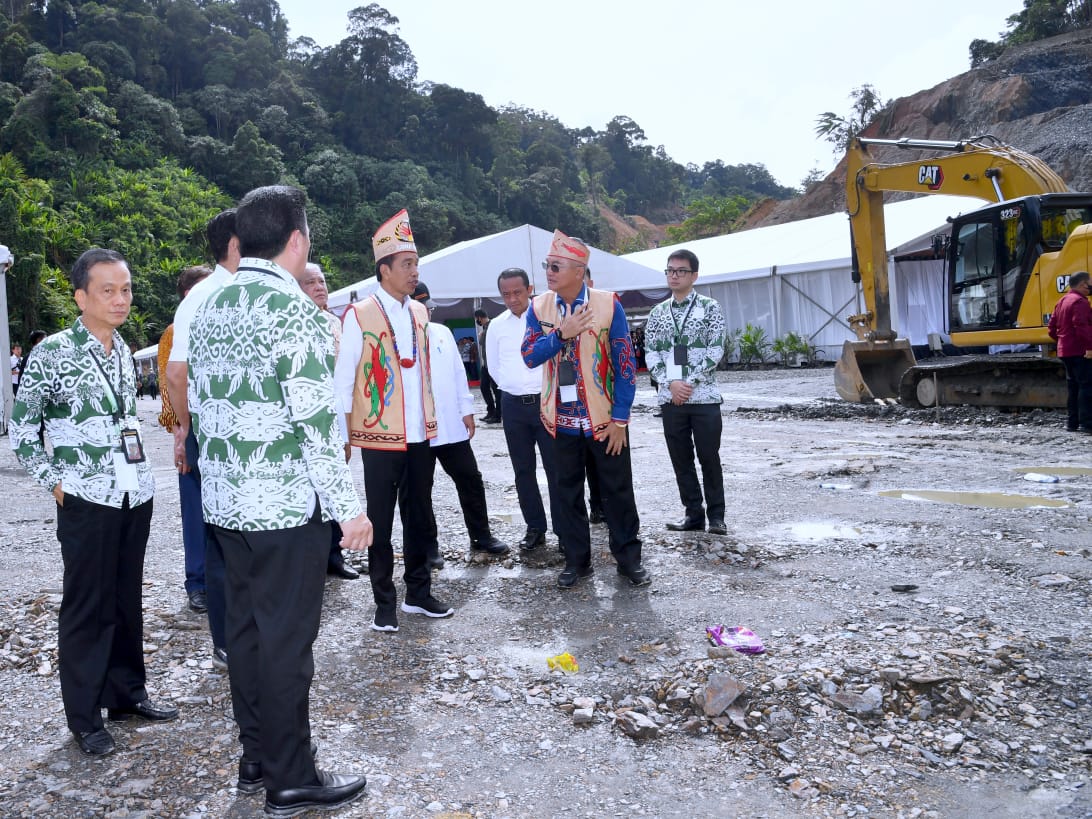
The Indonesian government has officially broke ground on a 1.375GW hydropower plant, dubbed Mentarang Induk, in the country’s North Kalimantan province.
Mentarang Induk is being developed by PT Kayan Hydropower Nusantara, a joint venture between Indonesia’s PT Kayan Patria Pratama Group and Malaysia’s Sarawak Energy.
The hydropower plant will be linked to an industrial park in the province and will house electric vehicle and battery plants, along with aluminium and petrochemical facilities.
Mentarang Induk is estimated to cost a total of $2.6bn investment, and its construction is expected to be completed in seven years.
Indonesian President Joko “Jokowi” Widodo said: “Since the source of energy is green, the products that will be produced later in the Industrial Park Area are also green products, products with low carbon emissions, products that have premium but competitive prices.
“The integrated area from Mentarang to the area in Bulungan will be connected by 300km transmission. This is not an easy job and requires a large budget of $2.6bn, if converted to Rupiah will be around IDR40 trillion, a very large money.
“In the KIPI area, we will build the first EV battery, batteries for electric cars, plus the electric car itself. The second is aluminium, the aluminium industry, which will also be built in the area. Then the third, there is a petrochemical industry which will also start immediately.”
According to Reuters, Indonesia is a major producer and user of thermal coal as its primary source of power and is one of the biggest emitters of greenhouse gases in the world.
The country aims to increase the proportion of renewables in its energy mix to 23% by 2025 and has pledged to reach net-zero emissions before 2060, said the publication.
While less emissions-intensive than coal, environmentalists agree that dams can also cause issues like the disruption of water flow, sediment flow and ecosystems.
Furthermore, President Widodo said that the project will support Indonesia’s economic transformation towards a green economy.






